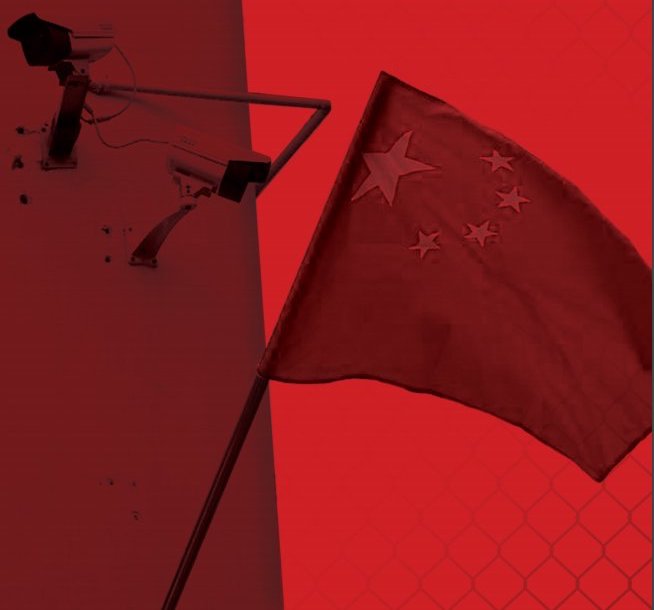Conditions are worsening for foreign journalists in China

Last year, foreign journalists in China saw the greatest level of surveillance, interference with sources, and visa denial or control in recent memory, with the exception of 2011 (when the pro-democracy protests of the “Jasmine Revolution” saw an intense clampdown).
That’s the conclusion of the annual survey of the Foreign Correspondents’ Club of China (FCCC), which this time collected responses from 109 of the club’s 204 members in China and also included detailed interviews of nine bureau chiefs from North America, Europe, and Asia.
The FCCC tweeted its findings in a thread worth reading. Some highlights (all direct quotes from the FCCC thread):
- “Surveillance, both human and digital, became a key concern. 48% were followed or were aware that a hotel room was entered without permission, 91% were concerned about the security of their phones, 22% were aware authorities tracked them using public surveillance systems.”
- “Reporting grew much more difficult in Xinjiang. 24 out of 27 of respondents who traveled to the region saying they experienced interference while there, with 19 being asked or forced to delete data.”
- “37% of 91 respondents said their Chinese colleagues were pressured, harassed or intimidated, and 34% said sources had been harassed, detained or called in for questioning at least once.”
Longtime Wall Street Journal reporter Josh Chin added:
The environment for foreign reporters in China is worse than at any time since I started working here in the early 2000s.
Crucially, as this survey shows, the tactics of control have changed. Surveillance and pressure on sources are replacing old-school thuggery. https://t.co/UCwfphZn4m
— Josh Chin (@joshchin) January 29, 2019
In the report, Financial Times Beijing bureau chief Tom Mitchell voiced a similar opinion: “The overall climate continues to deteriorate to the point where we are really worried about the safety of contacts and Chinese-national researchers… It’s by far the worst I’ve seen working as a journalist in China or Hong Kong since 2000.”
Megha Rajagopalan, the BuzzFeed journalist who became the first to be effectively expelled via visa denial in three years last August, also tweeted:
Journalists who reported on Xinjiang were:
– followed for 1,600 km by 9 cars
– had photos forcibly deleted
– threatened by armed policeThis report is a testament to how badly the Chinese government wants to keep you from finding out what it's doing to Muslims in Xinjiang. https://t.co/L8PFdxfg0K
— Megha Rajagopalan (@meghara) January 29, 2019






